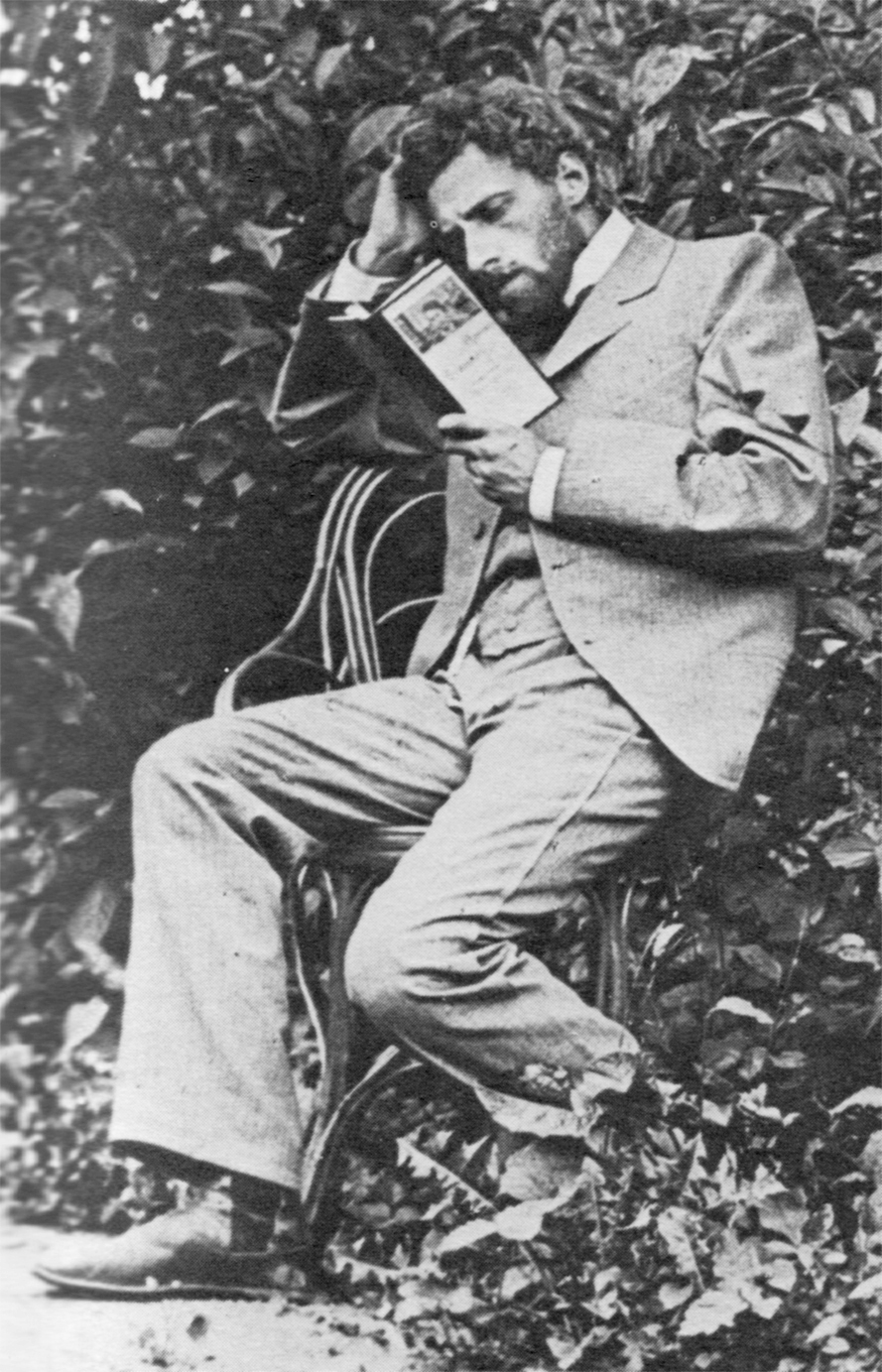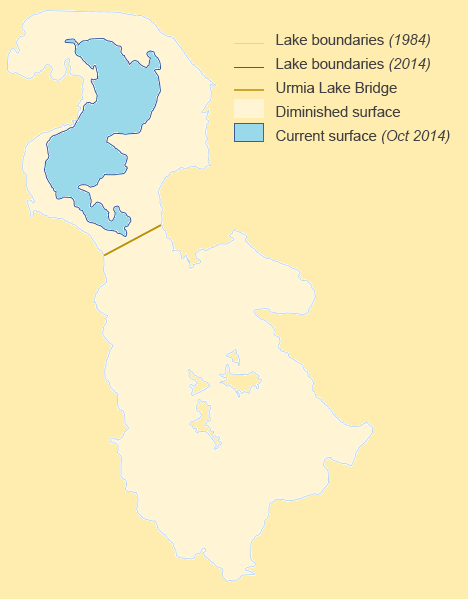|
Vyacheslav Ivanov (philologist)
Vyacheslav Vsevolodovich Ivanov (russian: Вячесла́в Все́володович Ива́нов , 21 August 1929 – 7 October 2017) was a prominent Soviet/Russian philologist, semiotician and Indo-Europeanist probably best known for his glottalic theory of Indo-European consonantism and for placing the Indo-European urheimat in the area of the Armenian Highlands and Lake Urmia. Early life Vyacheslav Ivanov's father was Vsevolod Ivanov, one of the most prominent Soviet writers. His mother was an actress who worked in the theatre of Vsevolod Meyerhold. His childhood was clouded by disease and war, especially in Tashkent. Ivanov was educated at Moscow University and worked there until 1958, when he was fired on account of his sympathy with Boris Pasternak and Roman Jakobson. By that time, he had made some important contributions to Indo-European studies and became one of the leading authorities on Hittite language. Career * 1959–1961 — head of the Research Group for Mac ... [...More Info...] [...Related Items...] OR: [Wikipedia] [Google] [Baidu] |
Moscow
Moscow ( , US chiefly ; rus, links=no, Москва, r=Moskva, p=mɐskˈva, a=Москва.ogg) is the capital and largest city of Russia. The city stands on the Moskva River in Central Russia, with a population estimated at 13.0 million residents within the city limits, over 17 million residents in the urban area, and over 21.5 million residents in the metropolitan area. The city covers an area of , while the urban area covers , and the metropolitan area covers over . Moscow is among the world's largest cities; being the most populous city entirely in Europe, the largest urban and metropolitan area in Europe, and the largest city by land area on the European continent. First documented in 1147, Moscow grew to become a prosperous and powerful city that served as the capital of the Grand Duchy that bears its name. When the Grand Duchy of Moscow evolved into the Tsardom of Russia, Moscow remained the political and economic center for most of the Tsardom's history. When th ... [...More Info...] [...Related Items...] OR: [Wikipedia] [Google] [Baidu] |
Philologist
Philology () is the study of language in oral and written historical sources; it is the intersection of textual criticism, literary criticism, history, and linguistics (with especially strong ties to etymology). Philology is also defined as the study of literary texts as well as oral and written records, the establishment of their authenticity and their original form, and the determination of their meaning. A person who pursues this kind of study is known as a philologist. In older usage, especially British, philology is more general, covering comparative and historical linguistics. Classical philology studies classical languages. Classical philology principally originated from the Library of Pergamum and the Library of Alexandria around the fourth century BC, continued by Greeks and Romans throughout the Roman/Byzantine Empire. It was eventually resumed by European scholars of the Renaissance, where it was soon joined by philologies of other European ( Germanic, Celtic), Eura ... [...More Info...] [...Related Items...] OR: [Wikipedia] [Google] [Baidu] |
Boris Pasternak
Boris Leonidovich Pasternak (; rus, Бори́с Леони́дович Пастерна́к, p=bɐˈrʲis lʲɪɐˈnʲidəvʲɪtɕ pəstɛrˈnak; 30 May 1960) was a Russian poet, novelist, composer and literary translator. Composed in 1917, Pasternak's first book of poems, ''My Sister, Life'', was published in Berlin in 1922 and soon became an important collection in the Russian language. Pasternak's translations of stage plays by Goethe, Schiller, Calderón de la Barca and Shakespeare remain very popular with Russian audiences. Pasternak is the author of ''Doctor Zhivago'' (1957), a novel that takes place between the Russian Revolution of 1905 and the Second World War. ''Doctor Zhivago'' was rejected for publication in the USSR, but the manuscript was smuggled to Italy and was first published there in 1957. Pasternak was awarded the Nobel Prize in Literature in 1958, an event that enraged the Communist Party of the Soviet Union, which forced him to decline the prize. In 198 ... [...More Info...] [...Related Items...] OR: [Wikipedia] [Google] [Baidu] |
Moscow University
M. V. Lomonosov Moscow State University (MSU; russian: Московский государственный университет имени М. В. Ломоносова) is a public research university in Moscow, Russia and the most prestigious university in the country. The university includes 15 research institutes, 43 faculties, more than 300 departments, and six branches (including five foreign ones in the Commonwealth of Independent States countries). Alumni of the university include past leaders of the Soviet Union and other governments. As of 2019, 13 Nobel laureates, six Fields Medal winners, and one Turing Award winner had been affiliated with the university. The university was ranked 18th by ''The Three University Missions Ranking'' in 2022, and 76th by the ''QS World University Rankings'' in 2022, #293 in the world by the global ''Times Higher World University Rankings'', and #326 by '' U.S. News & World Report'' in 2022. It was the highest-ranking Russian educational ... [...More Info...] [...Related Items...] OR: [Wikipedia] [Google] [Baidu] |
Tashkent
Tashkent (, uz, Toshkent, Тошкент/, ) (from russian: Ташкент), or Toshkent (; ), also historically known as Chach is the capital and largest city of Uzbekistan. It is the most populous city in Central Asia, with a population of 2,909,500 (2022). It is in northeastern Uzbekistan, near the border with Kazakhstan. Tashkent comes from the Turkic ''tash'' and ''kent'', literally translated as "Stone City" or "City of Stones". Before Islamic influence started in the mid-8th century AD, Tashkent was influenced by the Sogdian and Turkic cultures. After Genghis Khan destroyed it in 1219, it was rebuilt and profited from the Silk Road. From the 18th to the 19th century, the city became an independent city-state, before being re-conquered by the Khanate of Kokand. In 1865, Tashkent fell to the Russian Empire; it became the capital of Russian Turkestan. In Soviet times, it witnessed major growth and demographic changes due to forced deportations from throughout the Sov ... [...More Info...] [...Related Items...] OR: [Wikipedia] [Google] [Baidu] |
Vsevolod Meyerhold
Vsevolod Emilyevich Meyerhold (russian: Всеволод Эмильевич Мейерхольд, translit=Vsévolod Èmíl'evič Mejerchól'd; born german: Karl Kasimir Theodor Meyerhold; 2 February 1940) was a Russian and Soviet theatre director, actor and theatrical producer. His provocative experiments dealing with physical being and symbolism in an unconventional theatre setting made him one of the seminal forces in modern international theatre. During the Great Purge, Meyerhold was arrested in June 1939. He was tortured, his wife was murdered, and he was executed on 2 February 1940. Life and work Early life Vsevolod Meyerhold was born Karl Kasimir Theodor Meyerhold in Penza on to Russian-German wine manufacturer Friedrich Emil Meyerhold and his Baltic German wife, Alvina Danilovna (). He was the youngest of eight children.Pitches (2003, pg. 4) After completing school in 1895, Meyerhold studied law at Moscow University but never completed his degree. He was ... [...More Info...] [...Related Items...] OR: [Wikipedia] [Google] [Baidu] |
Vsevolod Ivanov
Vsevolod Vyacheslavovich Ivanov (russian: Все́волод Вячесла́вович Ива́нов, ; , Lebyazhye, Semipalatinsk Oblast – 15 August 1963, Moscow) was a Soviet and Russian writer, dramatist, journalist and war correspondent. Biography Ivanov was born in what is now Northern Kazakhstan to a teacher's family. When he was a child, Vsevolod ran away to become a clown in a traveling circus. His first story, published in 1915, caught the attention of Maxim Gorky, who advised Vsevolod throughout his career. Ivanov joined the Red Army during the Civil War and fought in Siberia. This inspired his short stories, ''Partisans'' (1921) and ''Armoured Train'' (1922). ''Partisans'' was published in the first edition of the journal ''Krasnaya Nov'', whose editor, Aleksandr Voronsky, saw Ivanov as the most important writer to emerge since the revolution because of his 'joyfulness' and his evocation of a world "where everything is suffused with powerful, primitive vitality ... p ... [...More Info...] [...Related Items...] OR: [Wikipedia] [Google] [Baidu] |
Lake Urmia
Lake Urmia; az, اۇرمۇ گؤلۆ, script=Arab, italic=no, Urmu gölü; ku, گۆلائوو رمیەیێ, Gola Ûrmiyeyê; hy, Ուրմիա լիճ, Urmia lich; arc, ܝܡܬܐ ܕܐܘܪܡܝܐ is an endorheic salt lake in Iran. The lake is located between the provinces of East Azerbaijan and West Azerbaijan in Iran, and west of the southern portion of the Caspian Sea. At its greatest extent, it was the largest lake in the Middle East and the sixth-largest saltwater lake on Earth, with a surface area of approximately , a length of , a width of , and a maximum depth of . By late 2017, the lake had shrunk to 10% of its former size (and 1/60 of water volume in 1998) due to persistent general drought in Iran, but also the damming of the local rivers that flow into it, and the pumping of groundwater from the surrounding area. This dry spell was broken in 2019 and the lake is now filling up once again, due to both increased rain and water diversion from the Zab River by the Lake ... [...More Info...] [...Related Items...] OR: [Wikipedia] [Google] [Baidu] |
Urheimat
In historical linguistics, the homeland or ''Urheimat'' (, from German '' ur-'' "original" and ''Heimat'', home) of a proto-language is the region in which it was spoken before splitting into different daughter languages. A proto-language is the reconstructed or historically-attested parent language of a group of languages that are genetically related. Depending on the age of the language family under consideration, its homeland may be known with near-certainty (in the case of historical or near-historical migrations) or it may be very uncertain (in the case of deep prehistory). Next to internal linguistic evidence, the reconstruction of a prehistoric homeland makes use of a variety of disciplines, including archaeology and archaeogenetics. Methods There are several methods to determine the homeland of a given language family. One method is based on the vocabulary that can be reconstructed for the proto-language. This vocabulary – especially terms for flora and fauna – can pr ... [...More Info...] [...Related Items...] OR: [Wikipedia] [Google] [Baidu] |
Consonant
In articulatory phonetics, a consonant is a speech sound that is articulated with complete or partial closure of the vocal tract. Examples are and pronounced with the lips; and pronounced with the front of the tongue; and pronounced with the back of the tongue; , pronounced in the throat; , and , pronounced by forcing air through a narrow channel (fricatives); and and , which have air flowing through the nose ( nasals). Contrasting with consonants are vowels. Since the number of speech sounds in the world's languages is much greater than the number of letters in any one alphabet, linguists have devised systems such as the International Phonetic Alphabet (IPA) to assign a unique and unambiguous symbol to each attested consonant. The English alphabet has fewer consonant letters than the English language has consonant sounds, so digraphs like , , , and are used to extend the alphabet, though some letters and digraphs represent more than one consonant. For example, th ... [...More Info...] [...Related Items...] OR: [Wikipedia] [Google] [Baidu] |
Indo-European Languages
The Indo-European languages are a language family native to the overwhelming majority of Europe, the Iranian plateau, and the northern Indian subcontinent. Some European languages of this family, English, French, Portuguese, Russian, Dutch, and Spanish, have expanded through colonialism in the modern period and are now spoken across several continents. The Indo-European family is divided into several branches or sub-families, of which there are eight groups with languages still alive today: Albanian, Armenian, Balto-Slavic, Celtic, Germanic, Hellenic, Indo-Iranian, and Italic; and another nine subdivisions that are now extinct. Today, the individual Indo-European languages with the most native speakers are English, Hindi–Urdu, Spanish, Bengali, French, Russian, Portuguese, German, and Punjabi, each with over 100 million native speakers; many others are small and in danger of extinction. In total, 46% of the world's population (3.2 billion people) speaks an ... [...More Info...] [...Related Items...] OR: [Wikipedia] [Google] [Baidu] |






